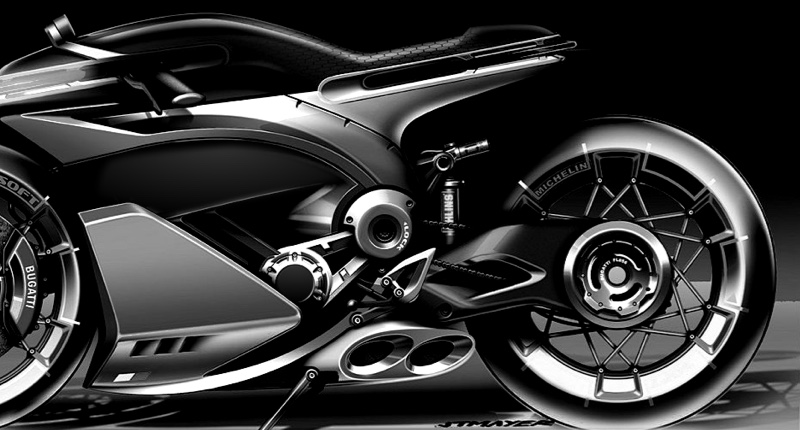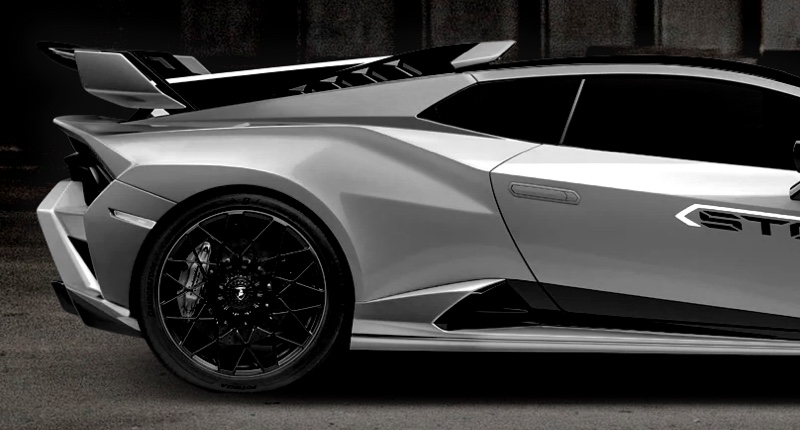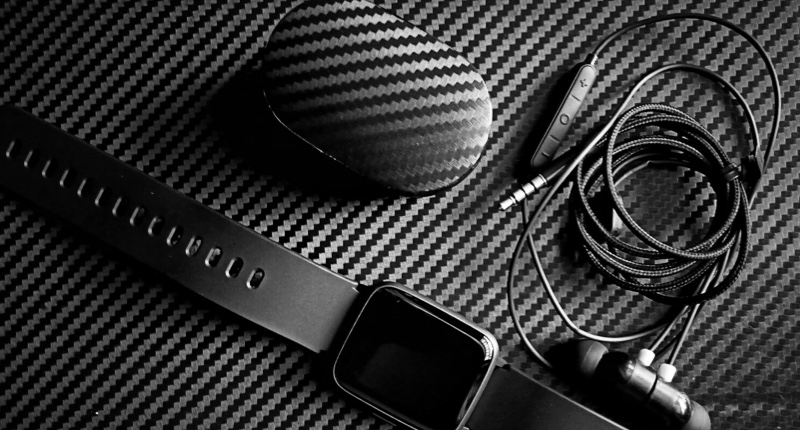The List of Carbon Fiber Monocoque Cars - Supreem Carbon
Explore the list of carbon fiber monocoque cars, and understand the technology, benefits, and future prospects of this pioneering automotive design. Find out why it’s a game-changer in performance and safety.
Introduction
In the automotive world, carbon fiber monocoque construction represents the pinnacle of modern engineering. Known for its strength, light weight, and superior safety features, this construction method is favored by manufacturers particularly in high-performance and luxury vehicles. we’ll explore the list of carbon fiber monocoque cars, delve into the questions people often ask regarding this technology, and explain why it’s heralded as a game-changer in the automotive industry.
What is a carbon fiber monocoque chassis?
The term "monocoque" refers to a structural system whereby loads are supported through an object's external skin, akin to an eggshell. When combined with carbon fiber, this structure becomes exceptionally sturdy yet lightweight. This makes it ideal for modern sports cars, which benefit from the reduced weight and increased rigidity. Superior crash energy absorption characteristics also make this construction superb for occupant safety.
Why is carbon fiber used in car manufacturing?
Carbon fiber's appeal lies in its remarkable strength-to-weight ratio. Compared to steel, it's significantly lighter, which benefits fuel efficiency and vehicle performance. Additionally, carbon fiber’s malleable nature allows for stunning, aerodynamic designs. This material is not only used in monocoque chassis but also for various body panels and interior components.
List of Carbon Fiber Monocoque Cars
1. McLaren P1: The McLaren P1 is a prime example of carbon fiber monocoque technology pushing vehicle performance to its limits. With its Carbon MonoCell, the P1 achieves exceptional speed and agile handling.
2. Ferrari LaFerrari: Known for its hybrid powertrain, the LaFerrari uses a carbon fiber tub that contributes to its dynamic prowess and safety.
3. Porsche 918 Spyder: This vehicle boasts a carbon fiber-reinforced plastic monocoque, combining high performance with impressive sustainability credentials.
4. Pagani Huayra: Embodying Italian art and engineering, the Huayra's central monocoque is made of carbon-titanium for extraordinary strength and rigidity.
5. Bugatti Chiron: This hypercar's carbon fiber chassis supports its powerful W16 engine, ensuring unmatched luxury and performance.
6. Koenigsegg Agera RS: With rapid acceleration and high speed, this model utilizes a carbon fiber monocoque paired with advanced aerodynamics.
How does a carbon fiber monocoque improve vehicle safety?
A carbon fiber monocoque improves safety through excellent crash energy management. In the event of an impact, the fabric-like properties of carbon fiber dissipate energy efficiently, minimizing the force transferred to passengers. The rigid structure also maintains integrity during collisions, protecting occupants effectively.
What are the future prospects of carbon fiber in the automotive industry?
The future of carbon fiber in automotive applications looks promising, with advancements potentially leading to decreased production costs. As the technology becomes more affordable, we can expect broader adoption across various vehicle segments, not just high-performance cars. This shift could lead to innovations in design, efficiency, and sustainability.
Conclusion
The use of carbon fiber monocoque construction in modern cars underscores an industry-wide push for advanced materials that improve both performance and safety. As this technology evolves, it’s set to revolutionize not only high-end sports cars but mainstream automotive manufacturing as well.
Best professional g37 carbon fiber steering wheel manufacturers and supplier brands
Custom carbon fiber frame Manufacturers and suppliers
Customized Carbon Fiber Parts
Custom carbon fiber mirror caps Manufacturers and Suppliers
For Facotry
Supreem carbon main competitive advantages.
Rich experience
Over 10 years production experience in carbon fiber industry, providing customers with high quality carbon products.
Excellent service
From new project development to customer finished product delivery, we provide customers with full tracking and timely feedback on project progress.
High-Quality Products
Our carbon fiber products undergo rigorous quality control to ensure customers achieve the high quality and cost-effective product.
For Customized Service
What can be customized in addition to customized carbon fiber parts?
You can customize your company logo, packaging, even the color of coating and so on.
For Products
Which surface could you provide for the carbon parts?
Gloss finish, matte finish, satin finish. Some color coating as the customer needs.
For Order Delivery
How to choose the mode of transportation?
We use official shipment like Fedex,UPS,DHL and so on. Also customer can arrange delivery by themselves.
For After-sales Service
What can I do if the carbon fiber products arrived is broken?
Please give us feedback as soon as possible and we will send new one to you.

Yamaha R1 Carbon Fiber Side Fairings
Introducing the Supreem Carbon Fiber Long Side Panels for Yamaha R1. Crafted with precision and expertise, this front side fairing is designed to elevate the performance and aesthetics of your R1. Made from high-quality carbon fiber, this fairing is not only lightweight but also incredibly durable, providing optimal protection for your motorcycle.

Yamaha R1 Carbon Fiber Airbox Tank Cover
The Supreem Carbon Yamaha R1 Carbon Fiber Airbox Tank Cover provides lightweight, durable protection with a sleek finish. Designed for R1 models, it enhances the style and performance of your bike. Its lightweight structure improves performance while maintaining the premium aesthetics necessary for high-end modification projects. As a dedicated manufacturer of carbon fiber parts, we provide stable production capacity, customization options, and strict quality control to support enterprise-level procurement and OEM/ODM needs.

Carbon Fiber Rear Seat Panel for BMW S1000R & M1000RR – Lightweight Performance
This carbon fiber rear seat panel is engineered for the BMW S1000R and M1000RR, offering superior rigidity, reduced weight, and a premium racing finish. Produced with autoclave technology and strict QC standards, the part ensures consistent OEM-level fitment. Supreem Carbon provides wholesale supply, stable bulk production, and customized solutions for global clients.

High-Performance Carbon Fiber Rear Undertail for BMW S1000R
Engineered for distributors, tuning brands, and motorcycle accessory businesses, the BMW S1000R Carbon Fiber Rear Undertail is a high-quality, durable, lightweight carbon fiber upgrade for the S1000R platform. This component is manufactured using aerospace-grade carbon fiber and precision molds to deliver superior stiffness, a seamless OEM-level fit, and a premium visual finish suitable for high-end aftermarket applications.
© 2024 Supreem Carbon All Rights Reserved.





Facebook
Pinterest
LinkedIn
Instagram